
Daily insights in genetics, neuroscience, ecology, and biotechnology—clear, accessible, and expertly curated.
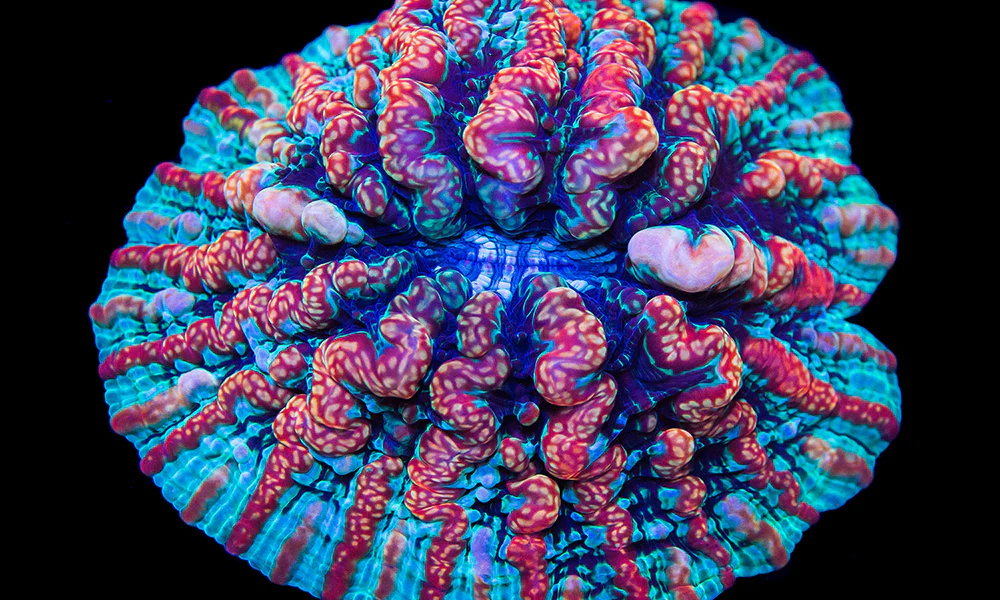
Marine biologists have used CRISPR gene editing to create coral species that can better survive ocean warming and acidification.
Breaking down cutting-edge research in genetics, neuroscience, biotechnology, and more — so you can stay informed, whether you're a student, researcher, or just curious.


![[background image] image of abstract financial data visualization (for a fintech company)](https://cdn.prod.website-files.com/687fd11c0bd3573744da56d9/68818d6fb6667e957ab71daf_H1N1.jpg)
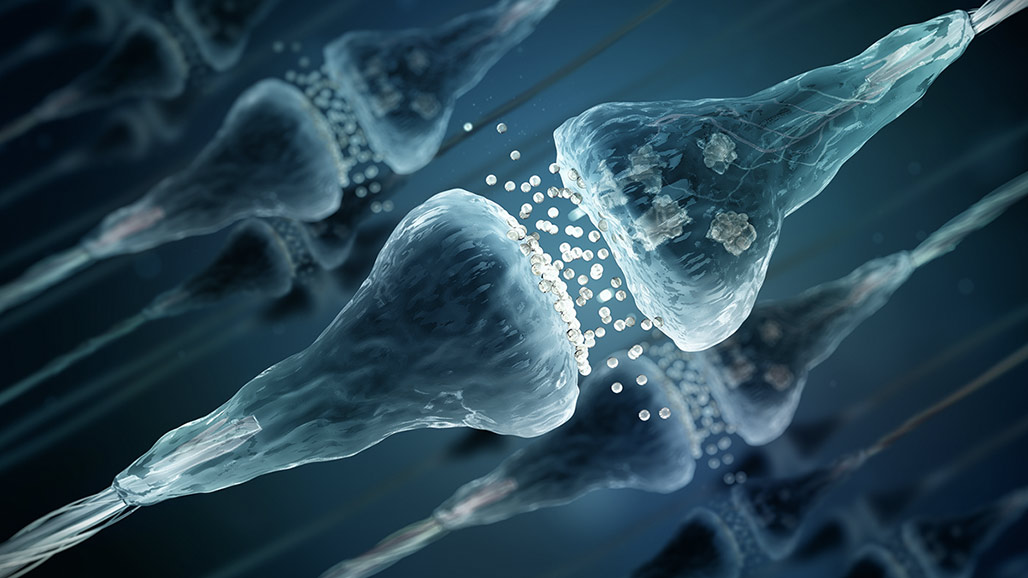

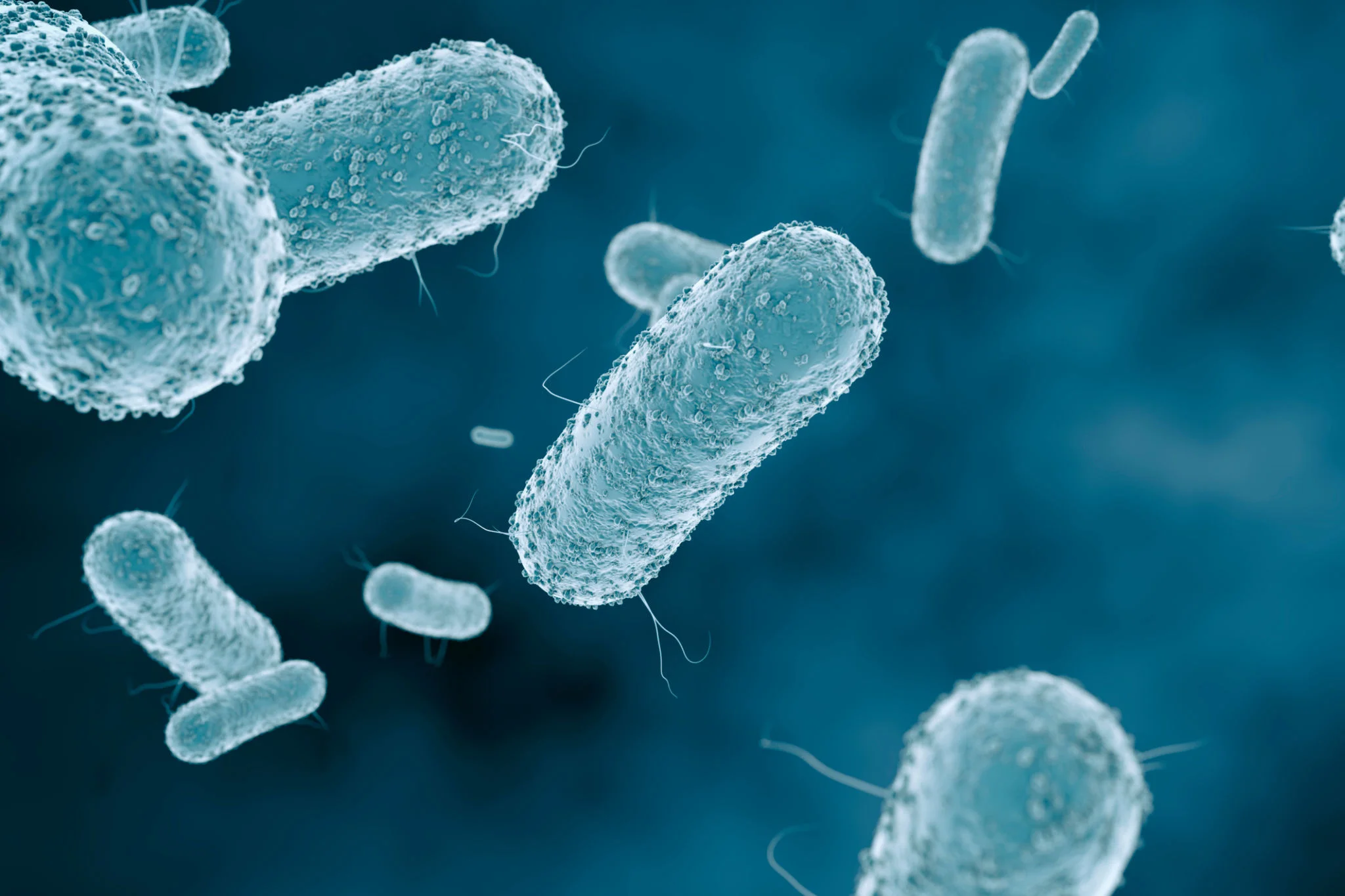


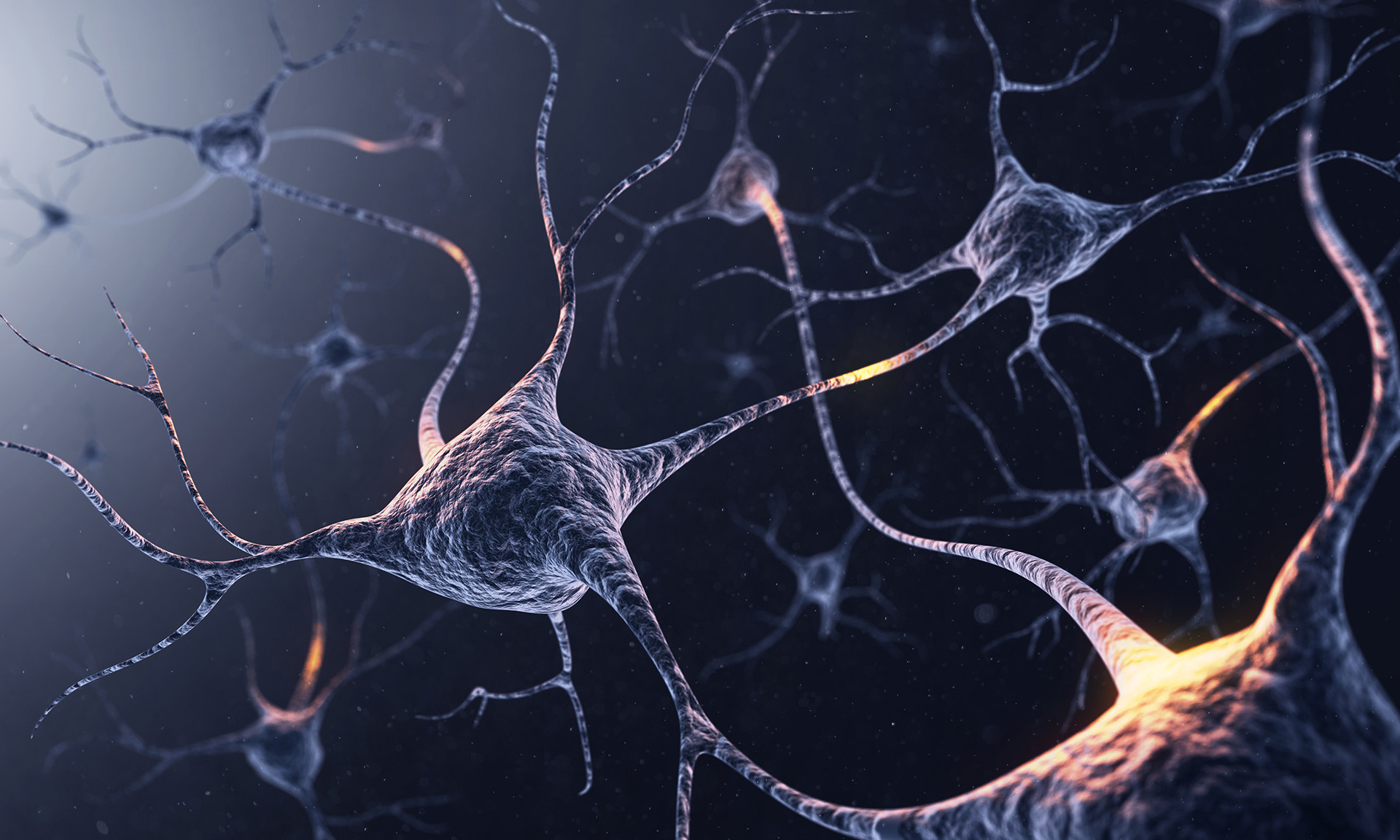

Focuses on modifying genes or genomes to treat, prevent, or understand diseases.
Examples: Gene therapy, CRISPR for inherited disorders, RNA-based treatments.
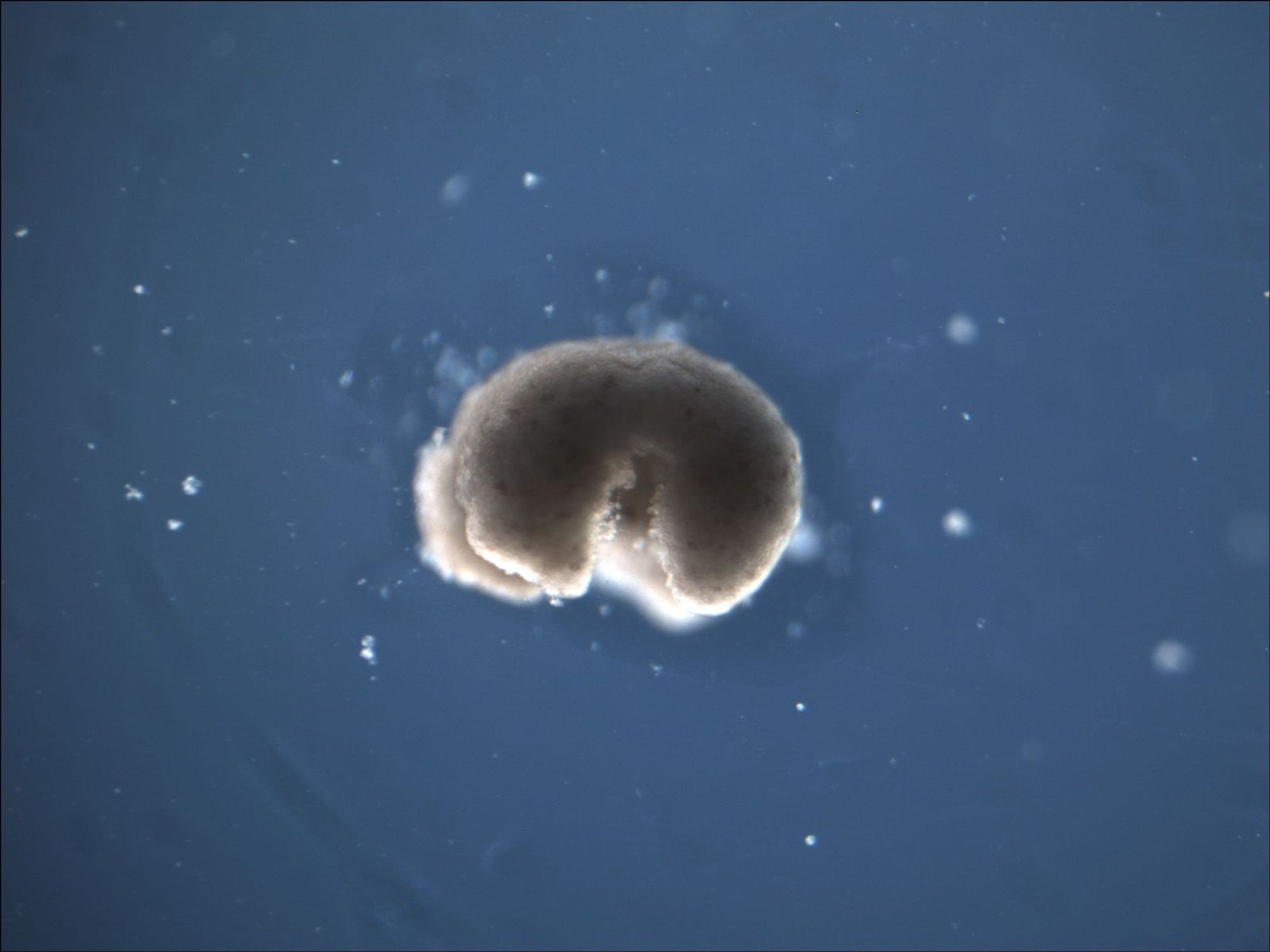
Covers the creation or design of biological systems and life forms from scratch.Examples: Xenobots, artificial enzymes, programmable cells.

Innovations in detecting, monitoring, or measuring health and disease.Examples: Early detection tests, wearable health tech, bio-integrated sensors.
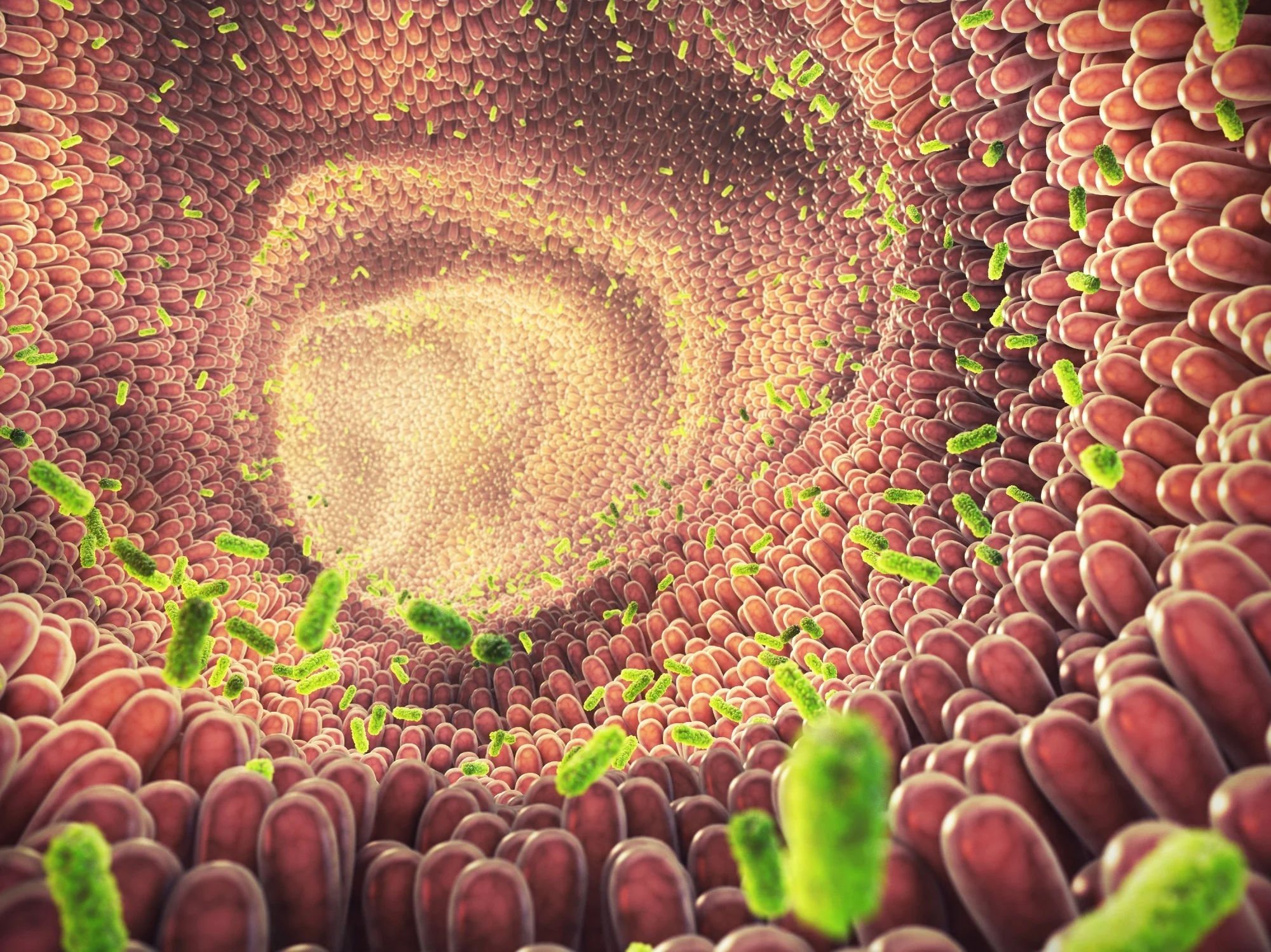
Studies of microbial communities living in and on organisms and their roles in health.
Examples: Gut microbiome engineering, bacteria-host interaction.
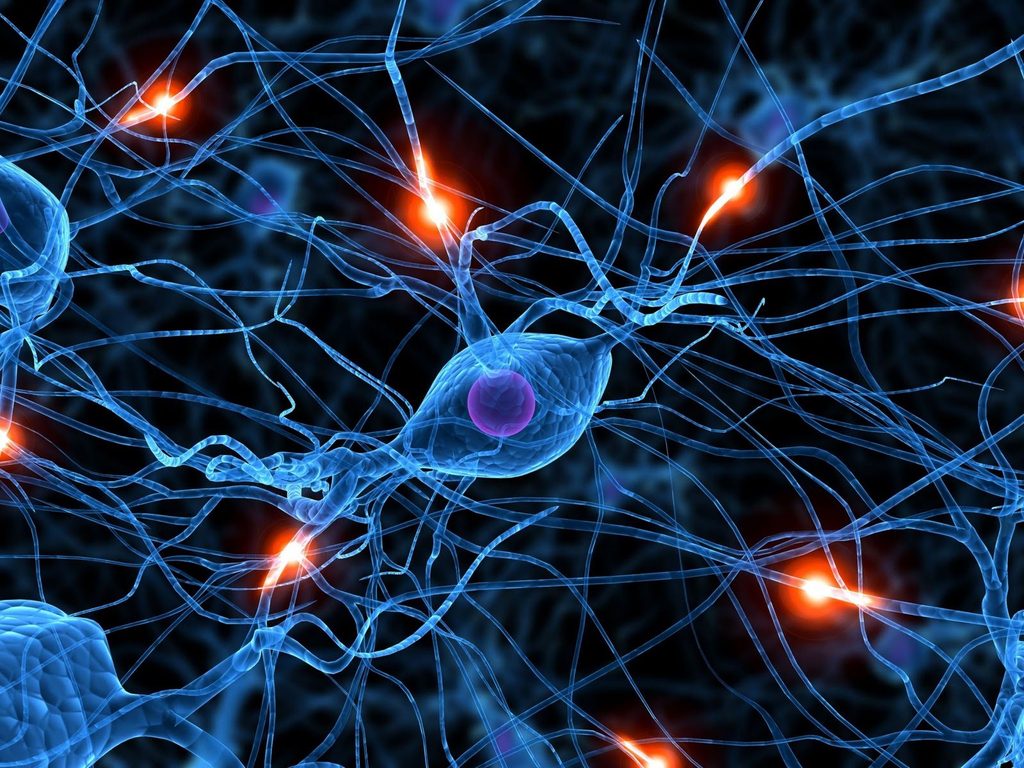
Studies of the brain, nervous system, and technologies that interface with them.
Examples: Brain-computer interfaces, memory restoration, neural decoding.
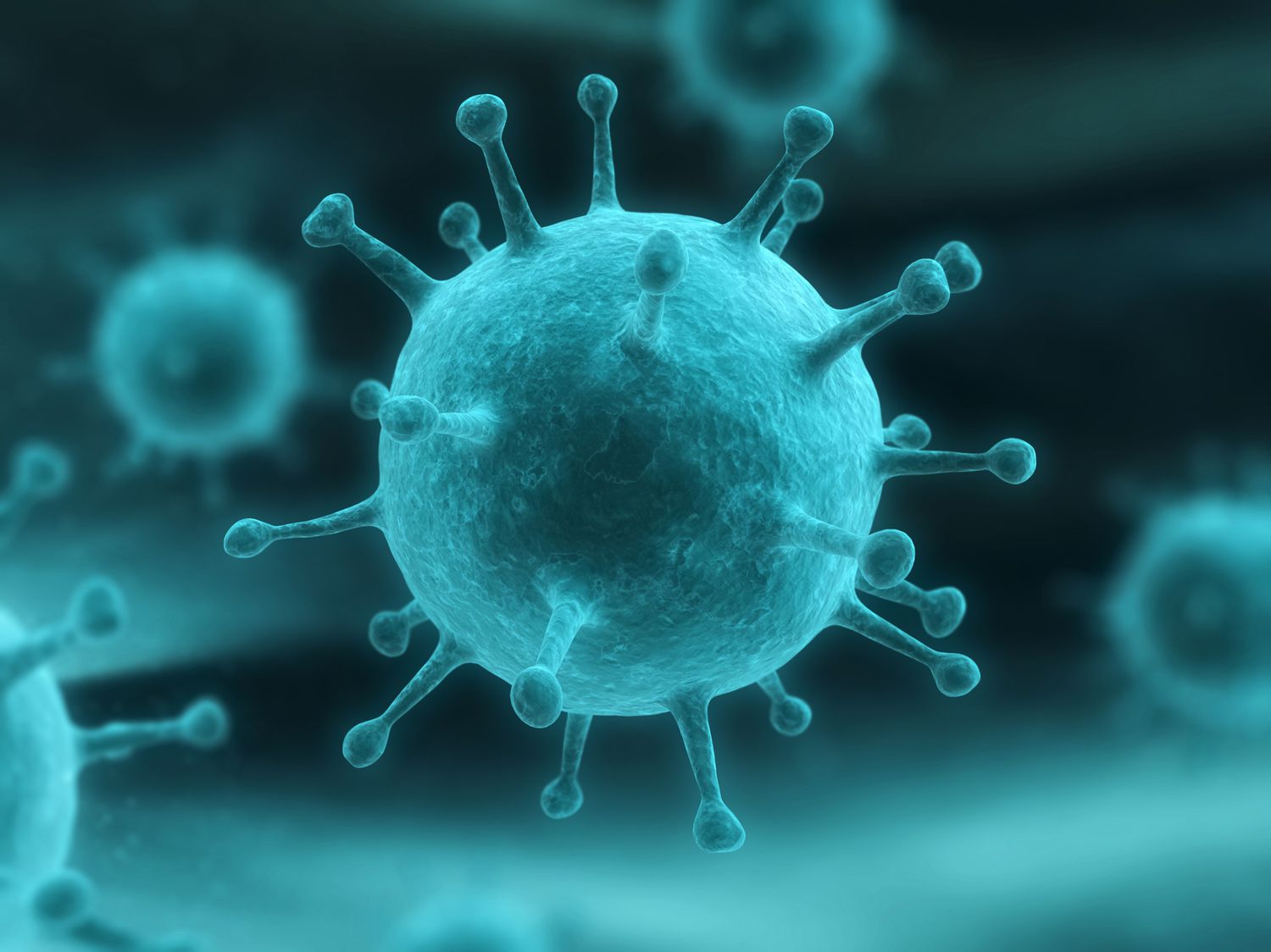
Research on pathogens, vaccines, immune responses, and prevention strategies.Examples: mRNA vaccines, genetically modified vectors, universal flu resistance.

Research on plant systems, crop science, and adaptation to environmental pressures.Examples: Learning in plants, genetically enhanced crops, plant signaling.

Biology of ecosystems, species adaptation, and the impact of climate and conservation.
Examples: Coral resilience, species recovery, climate-driven evolution.

Find detailed, trustworthy answers to common questions about our research coverage, article process, and AI-powered tools. Navigate biology with confidence and insight.
Articles are chosen for their scientific relevance, educational value, and recent advancements. Each submission is rigorously reviewed by our editorial team to ensure accuracy, clarity, and reliability before publication.
We regularly cover genetics, neuroscience, ecology, biotechnology, microbiology, and more. Our focus is on emerging research and making complex discoveries accessible to all readers.
Ask BioBot leverages advanced AI to interpret and simplify biology concepts or research excerpts. Submit your question or text, and receive a clear, concise explanation designed for easy understanding.
Our articles are crafted and reviewed by experienced science communicators, researchers, and editors. Each contributor brings expertise in diverse biology fields, ensuring content is accurate, current, and approachable.
Yes, we encourage reader input. If you have a topic, question, or recent discovery you'd like us to explore, contact us through our form or social channels. Your suggestions help shape our content.
Absolutely. Our resources are tailored for students, professionals, and curious minds. We break down complex research into clear, digestible summaries, making learning and staying informed straightforward.